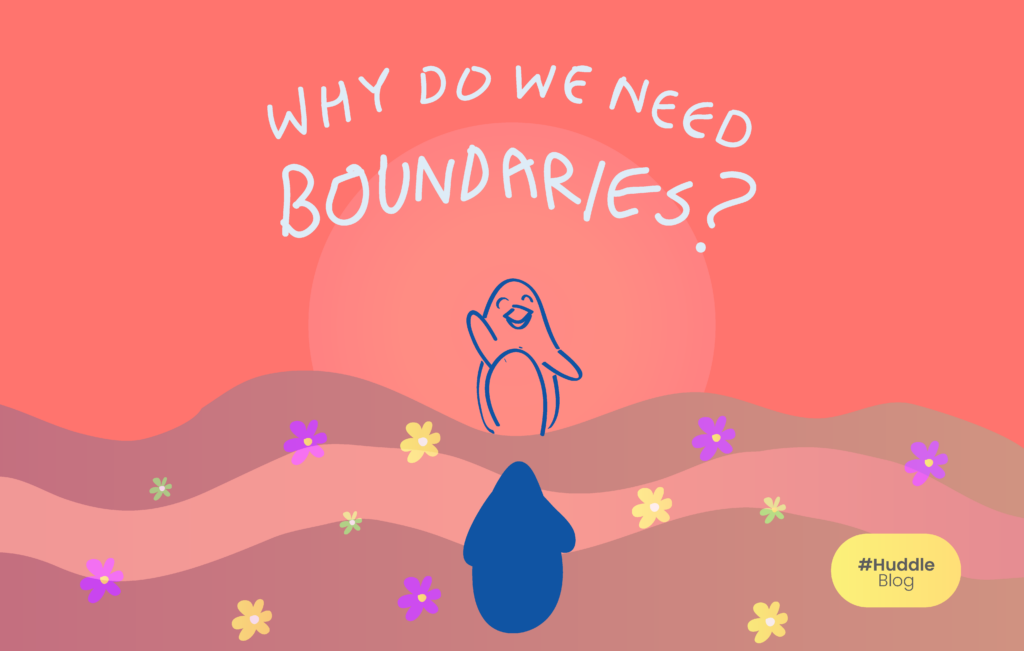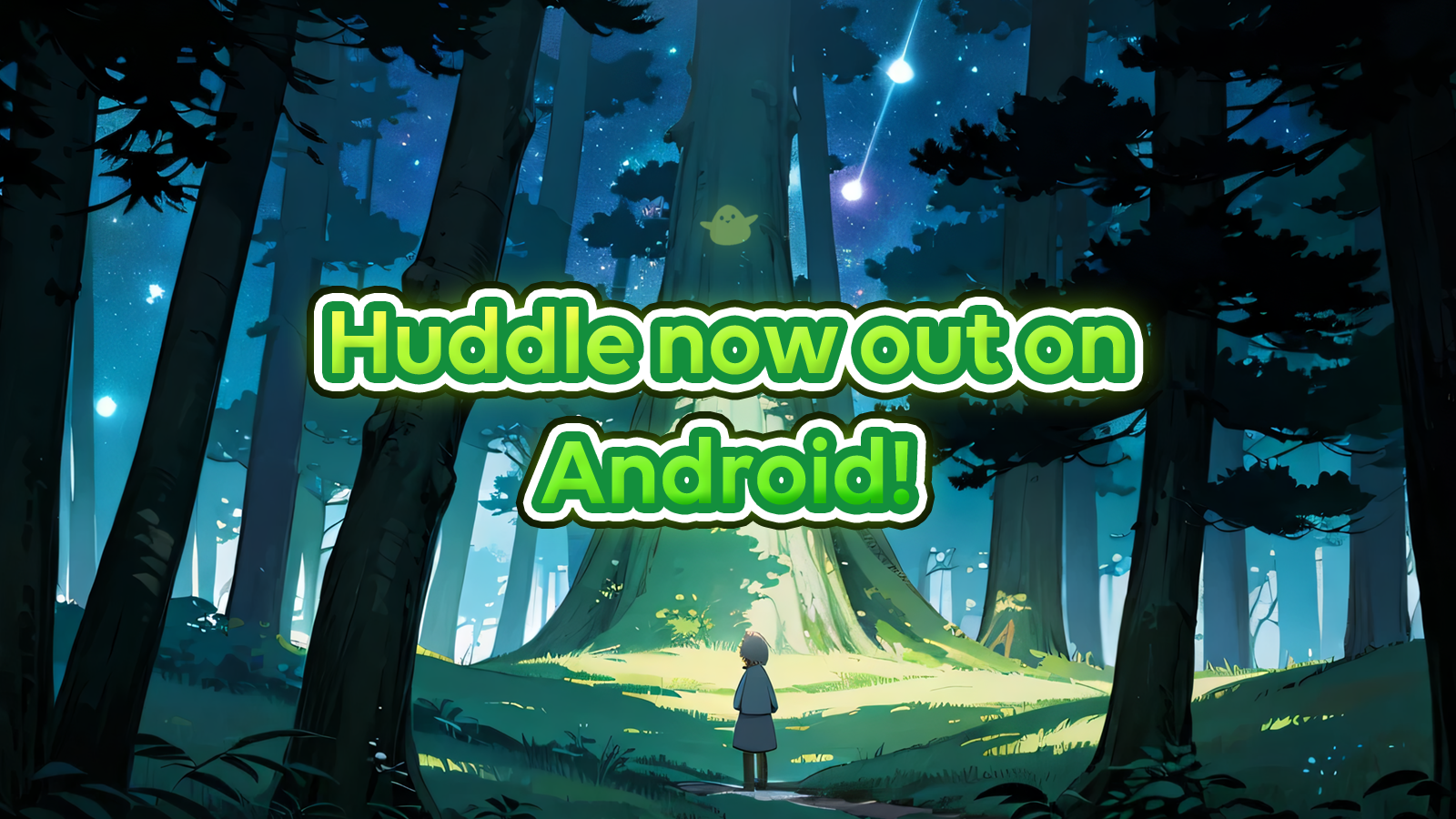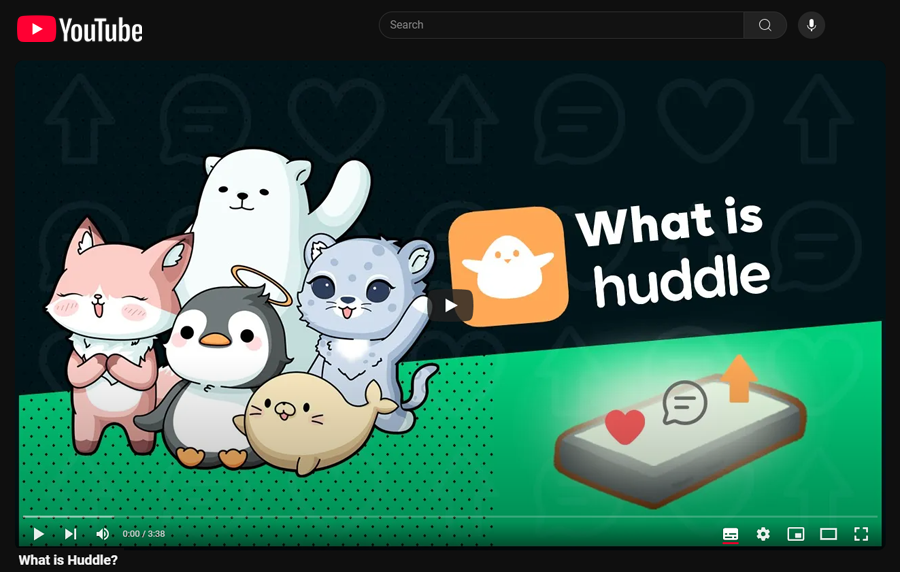The lack of face to face communication also takes away a big part of our self-expression. We resort to indirect relationships and impersonal connections that add to the already dire situation. We struggle to agree on definitions of reality, creating an “us” against “them” attitude. Our self-identity is then developed based on imagined personal connections. These identities are forms of who we are that can be observed to be unique amongst others. It is the way we present ourselves to the world. These forms can come as our culture, role, status, race, gender, appearance, our job and so on. When we traverse the world through a blurred sense of identity, we fall prey to society constantly projecting its ideas on us leaving us conflicted and unable to realise the true nature of who we are. We get pushed around and taken advantage of. In our lack of awareness and desperate grappling at life for a sense of belonging, we can become either defensive or conformitive. In other words, we lose our balance and direction.
Setting boundaries set the stage for guiding you towards what you want and who you want to become. It is a sign of appreciation for the relationships you are holding. The most important relationship being the one with yourself. We often get the misconception that it is mean or rude if we reject an invitation or say no to an offer. Most of us have developed a people-pleasing way of life because we’ve not been taught how to say no. It is never a question of being mean and harsh versus being nice and forgiving. You saying yes or no to an event does not define whether you are a good person inside or not. What matters is the intention you have on the inside and whether or not you are honouring your values. The main bulk of creating a successful enterprise is lots and lots of planning and strategising. Getting in tune with what you want the outcome to be and how to achieve them. Setting boundaries are the same. They take time and energy to create and reinforce so it should not be confused with an act of defence. In some sense, it is a way of protecting yourself. But the approach should be out of love for yourself, not fear. When we set boundaries out of love, they look like a well-maintained garden fence. It is a clear demarcation of areas that are welcomed by the public. But if we do it out of fear, it becomes a fortress. What we end up building are defences, isolating ourselves with the impression that everyone is our enemy. You are the most important person in your life and so your biggest investment should be on you. It is the responsible thing to do to take care of your needs first before others.
There are many types of boundaries but the foundation is all the same. It is the limit that you will accept of another person’s words or actions toward you. Here are some of the more common types of boundaries that we struggle with.
1. Physical Boundary
What it is: A deep connection with your body and knowing what it needs.
How to set it: Determine your personal space and comfortable level of physical contact. Being attuned to your self-care needs.
Examples:
“I am not comfortable with hugging. Can we fist bump instead?”
“Please do not touch me like that.”
“I need my personal space. Please do not enter my room without my permission.”
2. Resource Boundary
What it is: How available you are with your resources such as time and energy.
How to set it: Recognising that we have limited time and energy each day. Spend it wisely and not drain ourselves out unnecessarily. The key is to strike a balance between being readily available and having discipline for the use of our time.
Example:
“I appreciate you reaching out to me but I have a lot on my plate right now. Let me call you back in an hour.”
“I can’t join you guys for the party this weekend.”
“I am feeling drained today and don’t feel like heading out. Can I meet you some other time?”
3. Mental/Emotional Boundary
What it is: Being in tune with your emotional needs, personal thoughts, beliefs and opinions.
How to set it: Understanding our own emotional and thought processes such that we do not allow another’s feelings and opinions to dictate our own. We may not always see eye to eye but we are allowed to have our own emotions and thoughts.
Example:
“I am sorry to hear that you are having a difficult time. But right now I am not in a good place to help you with your situation. Can we revisit this later?”
“This conversation is bringing up some negative emotions about an incident in the past. Can we take a pause?”
“I often feel dismissed when I share my thoughts with you. It makes me feel invalidated. I will only share these thoughts with you if you can be respectful of my views.”
As we get more comfortable with defining and communicating our boundaries clearly, we start to see improvements in the relationships around us because we take ownership of our life. It also helps those around us to understand us better. Maintaining these boundaries creates a more honest and sincere relationship.





